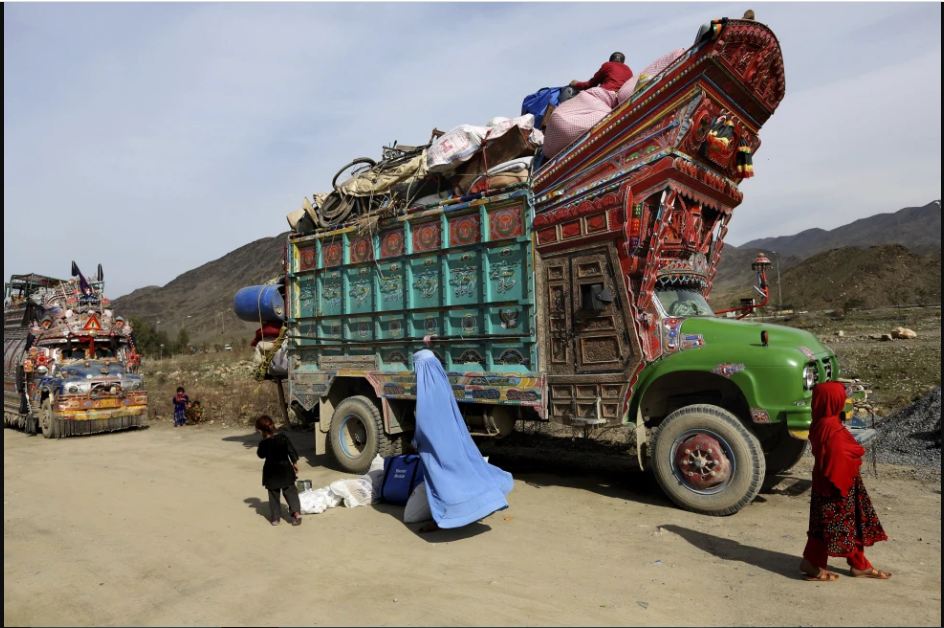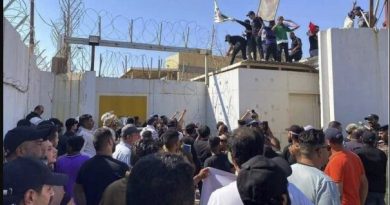Pakistan central bank keeps key rate unchanged at 22%
(Reuters) – Pakistan’s central bank kept its key interest rate unchanged on Monday, as expected, and forecast inflation would ease in the months ahead after a sharp jump last month.
The decision to keep its main policy rate at 22% comes ahead of a visit by a delegation of the International Monetary Fund on Thursday that will review progress on targets set in a $3 billion programme approved in July to bail out the struggling economy.
“The MPC (monetary policy committee) emphasized on continuing with the tight monetary policy stance,” the State Bank of Pakistan said in a statement. The central bank added it expected inflation to decline in October and keep falling “significantly” in coming months due to easing prices of major food commodities and a drop in fuel prices.
However, the bank warned that the outlook for global oil prices had become more uncertain in light of the instability in the Middle East following the outbreak of the Israel-Hamas war.
The central bank had forecast inflation to ease this financial year – which began on July 1 – to average around 20% to 22%, from 29.2% in the previous financial year.
Inflation spiked to 31.4% in September on the back of a record fuel price hike, but the government has since slashed prices at the pump.
Inflation figures for October are due later this week.
The IMF forecasts inflation at 25.9% this year, and has advocated mildly positive real interest rates. Central bank chief Jameel Ahmad has said that did not mean a recommendation for further rate hikes, but rather that monetary policy should remain tight.
Ahmad has also said that Pakistan’s central bank had met key targets set by the IMF ahead of the visit.
The bank said on Monday that a “successful and timely completion of the upcoming IMF-SBA review would help unlock other multilateral and bilateral financing.”
Mohammad Sohail, chief executive of Karachi-based brokerage firm, Topline Securities, said that Monday’s decision was in line what recent data had suggested.
“Going forward lot will depend on PKR (Pakistani rupee) stability and global oil prices along with IMF loan review,” he added.
The bank has kept rates unchanged since July following a series of hikes since April 2022, totalling 12.25 percentage points.
Pakistan’s currency, which tumbled in August, has also recovered significantly against the dollar following a crackdown on black market trading, which has helped tame inflation.
A successful IMF review remains critical for unlocking other external funding for Pakistan, which narrowly avoided a default on debt obligations earlier this year thanks to a last-gasp new deal that replaced an incomplete and stalled programme.



